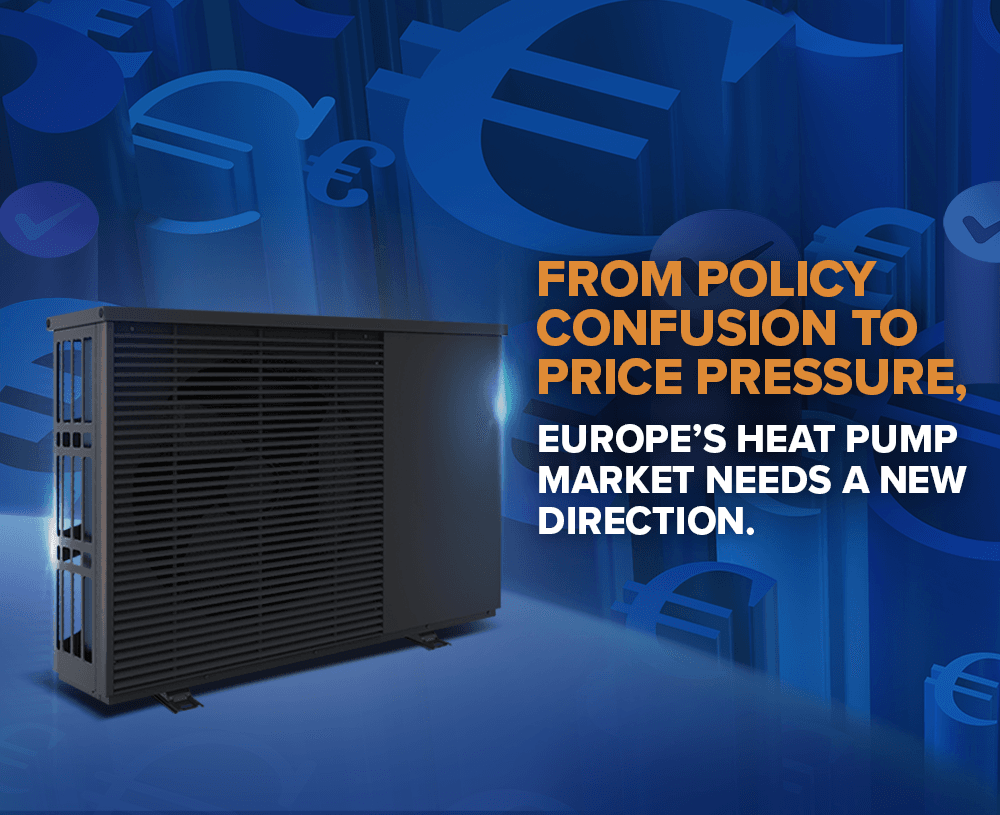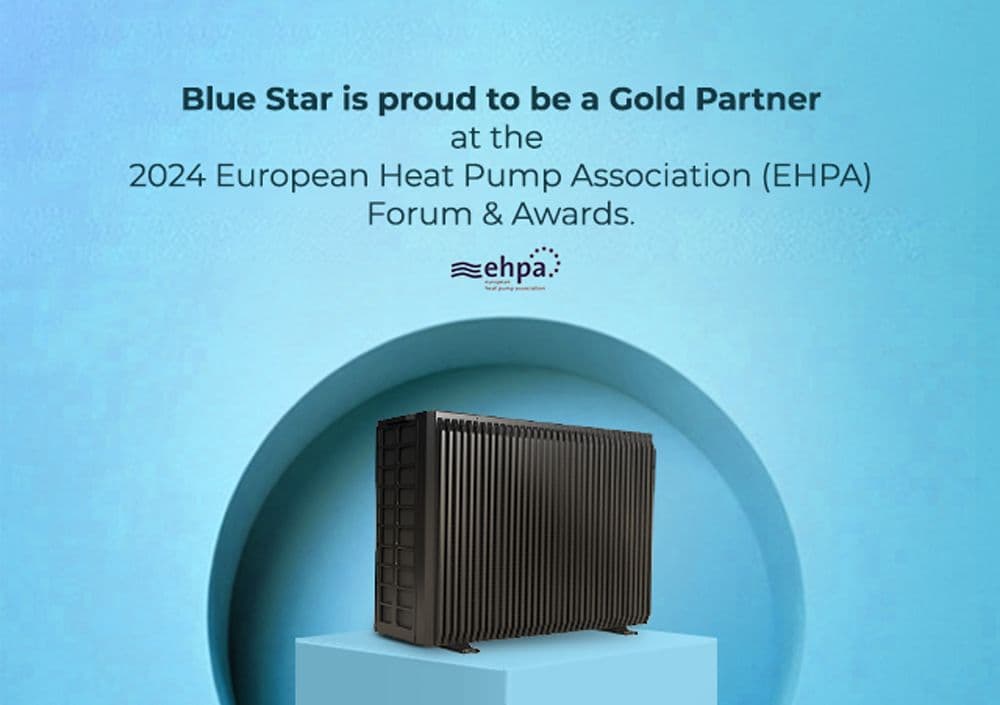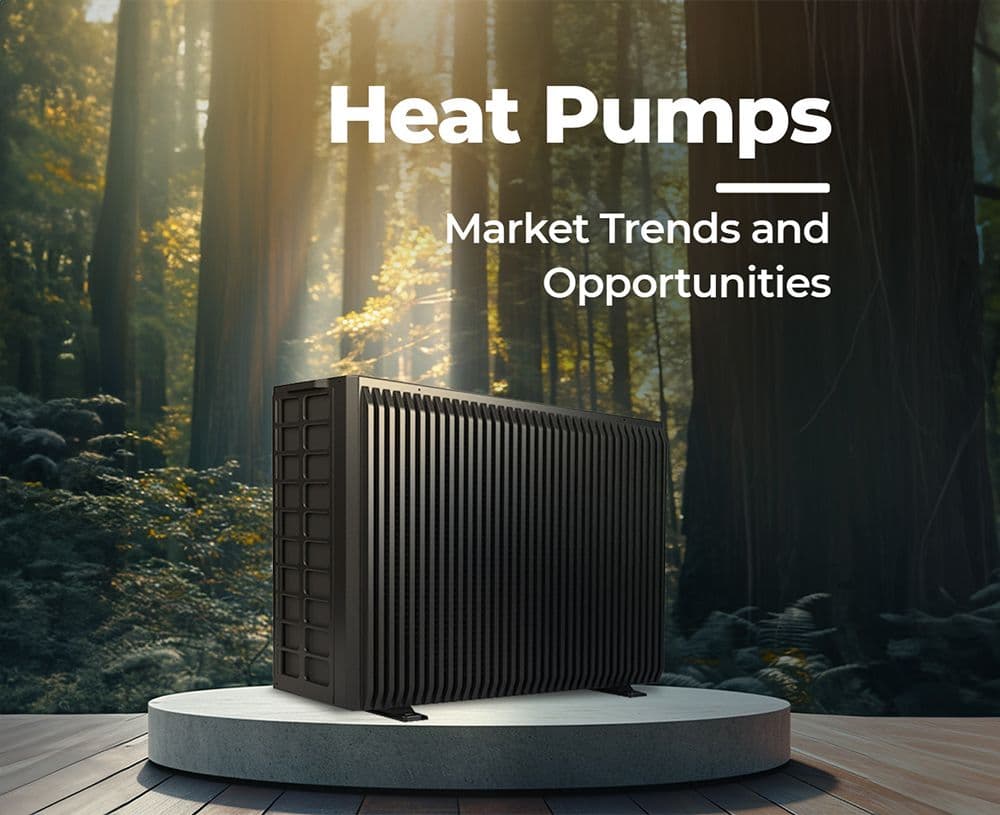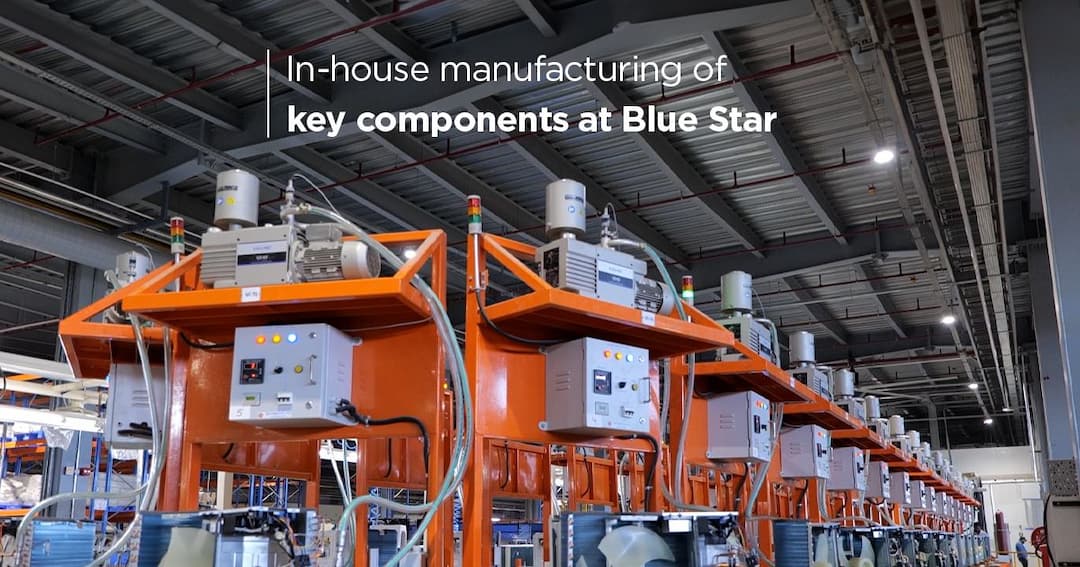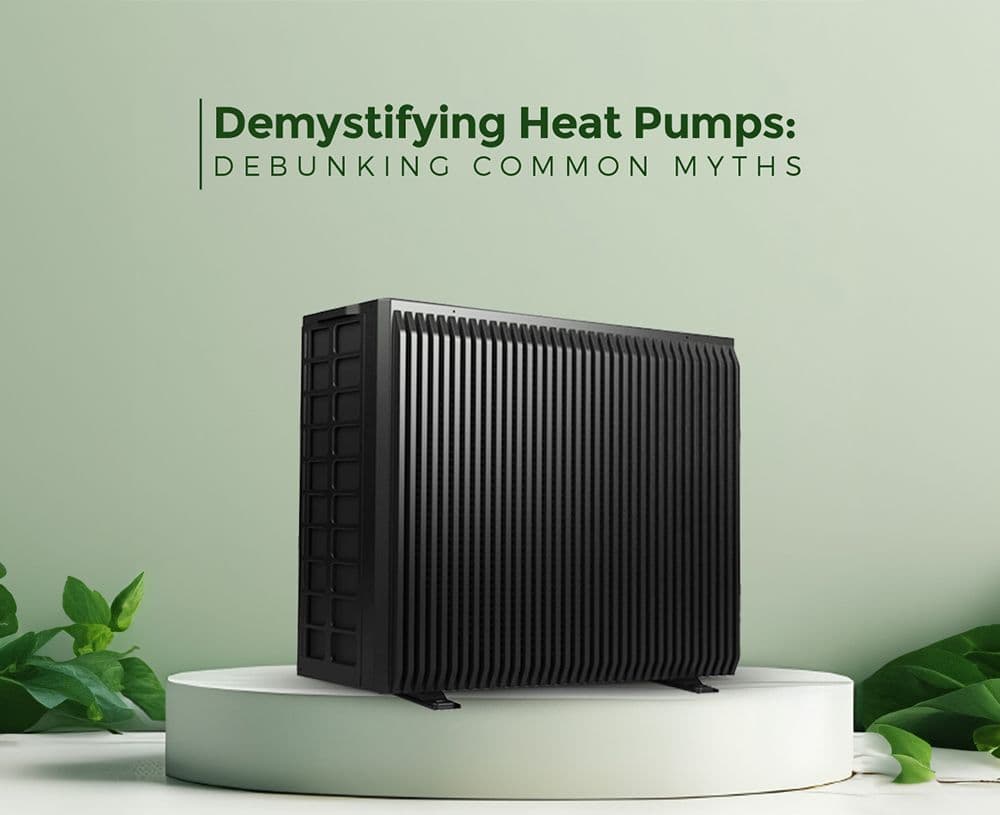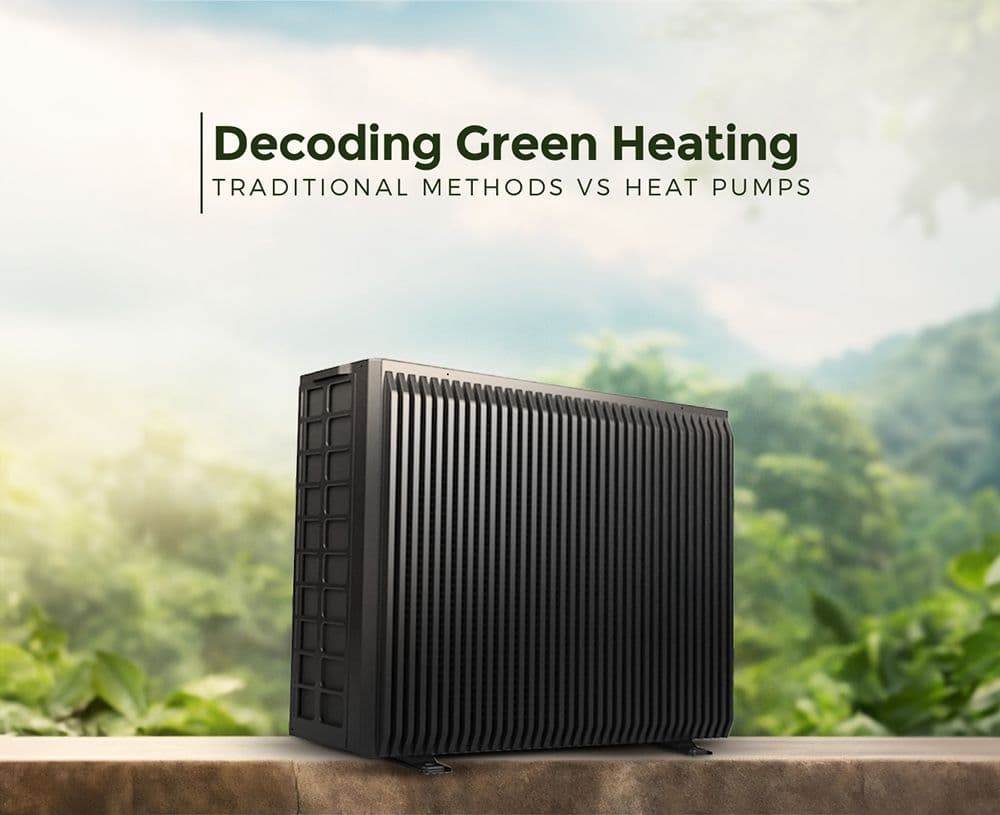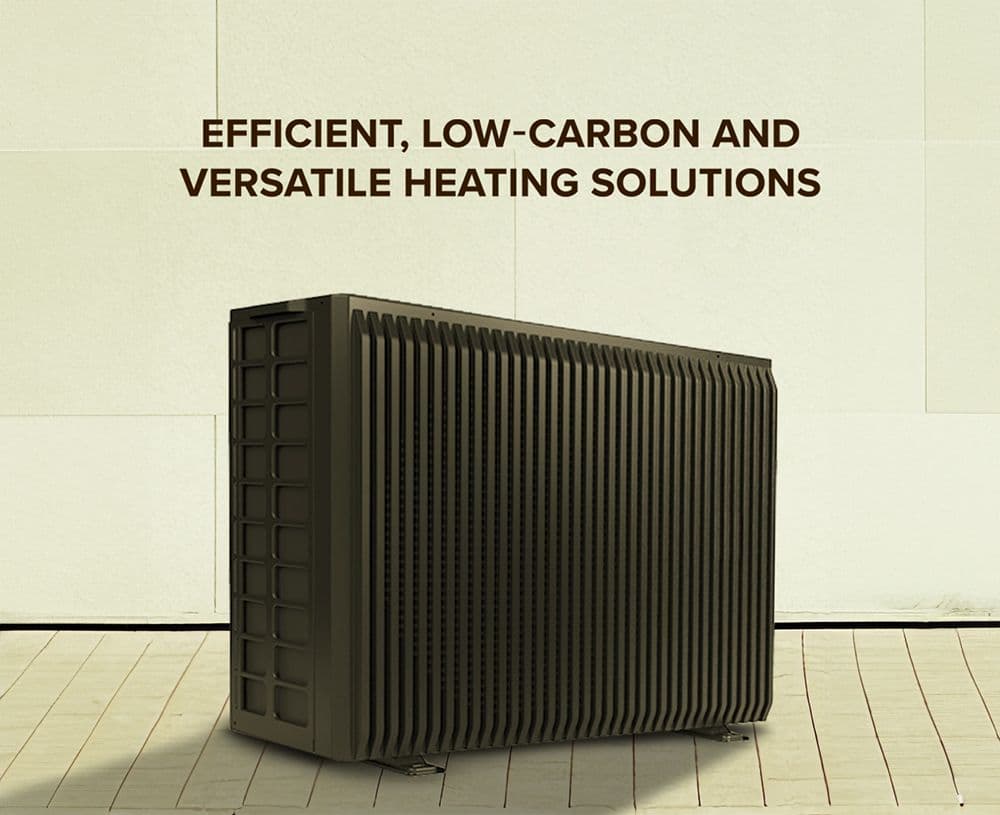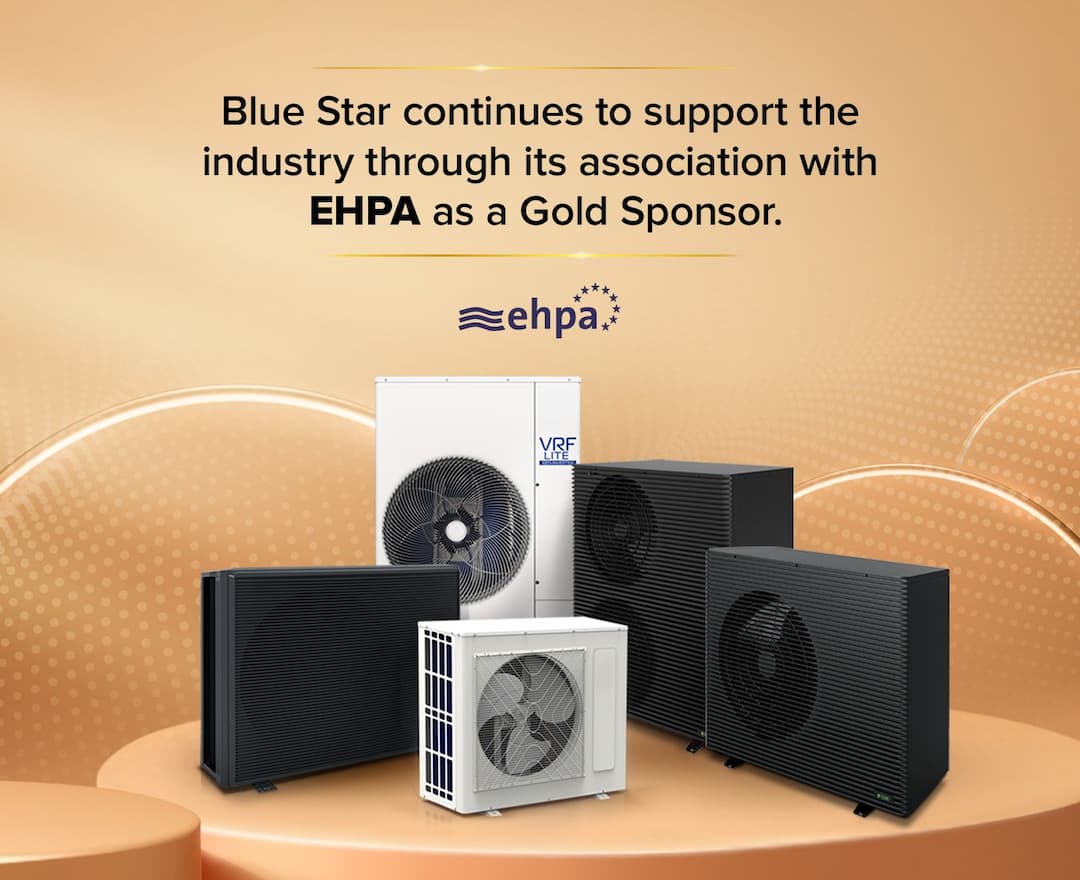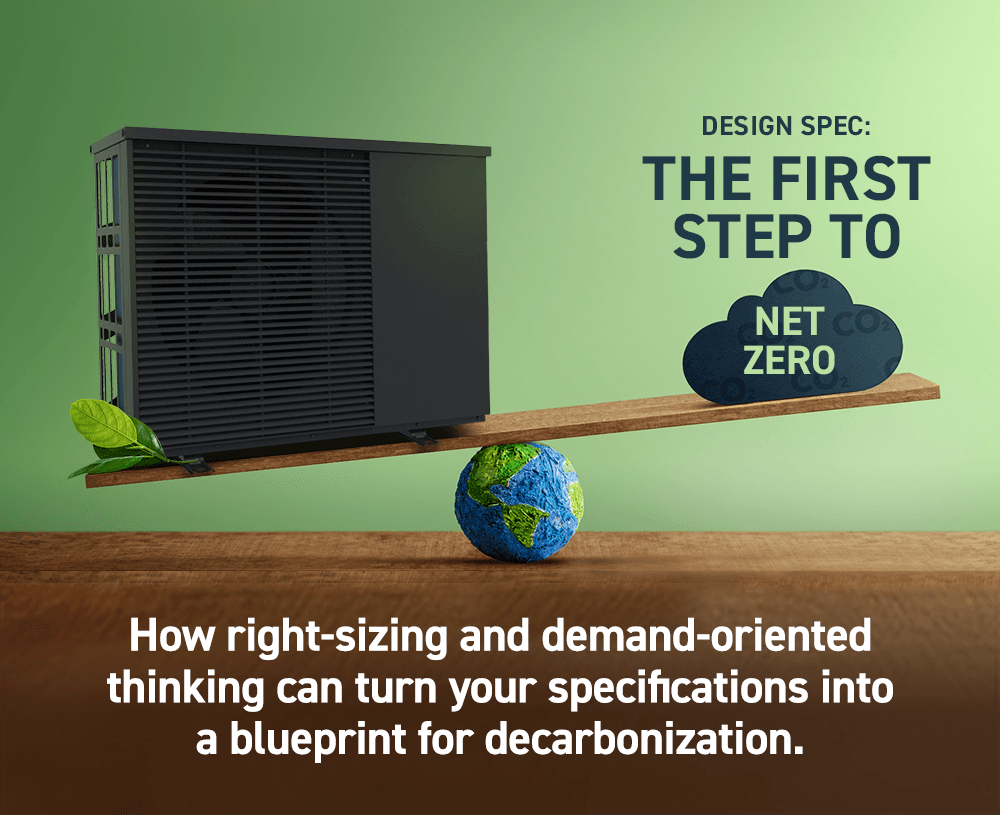Cold Climate Heat Pumps: A Growing Opportunity for HVAC Manufacturers
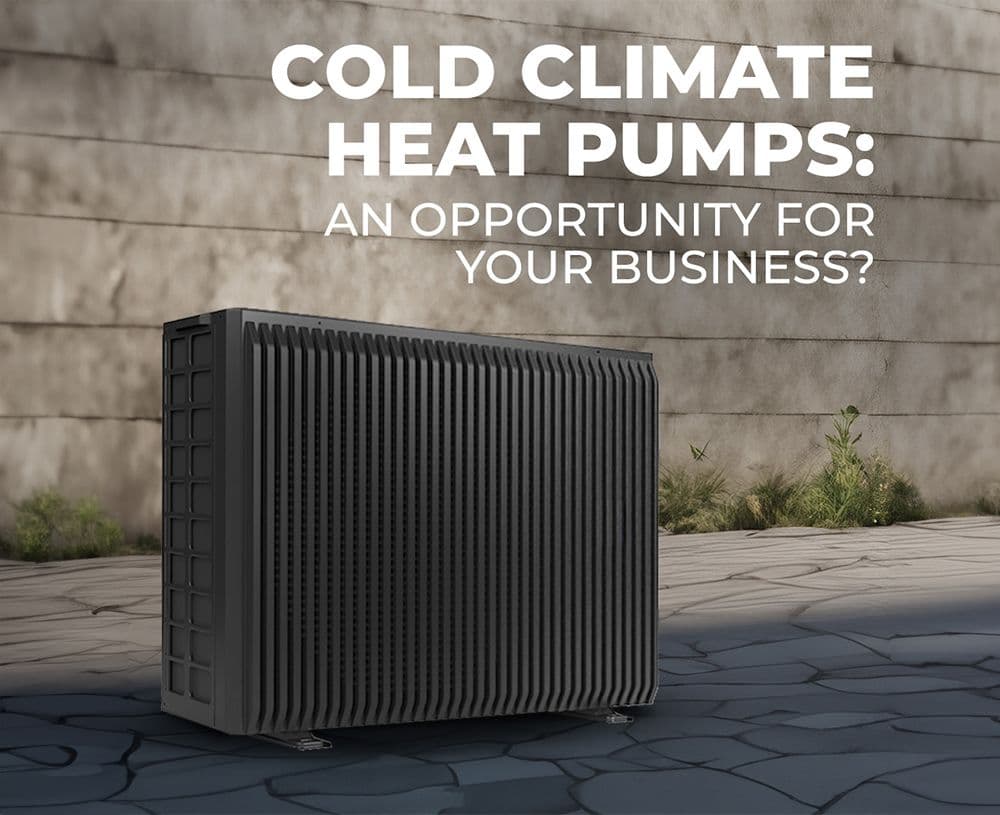
Blue Star explains how manufacturers can take their business forward in the changing heating technology landscape.
The global push for decarbonised heating and energy efficiency is intensifying and as a result, the HVAC industry is undergoing a transformation that presents challenges and opportunities for manufacturers across Europe.
As a global leader in HVAC product innovation, Blue Star understands the importance of helping manufacturers navigate these shifts. With a presence in Europe, North America, the Middle East, and Asia, Blue Star is well-equipped to support manufacturers in taking their business forward in the rapidly evolving landscape.
One example is cold climate heat pumps, which are emerging as a key player in the low-carbon HVAC evolution, offering significant advantages over traditional heating and cooling systems, particularly in regions with harsh winters.
For manufacturers, the question is no longer whether this technology has potential — it’s whether investing in this market aligns with long-term business growth and strategic priorities.
The demand for cold climate heat pumps is being driven by several converging factors: rising energy costs, increased consumer awareness of environmental impacts, and increasing energy bills. Across Europe, governments are encouraging the adoption of low-carbon heating technologies in homes and other buildings through legislation and incentives.
Recently, Blue Star was a Gold partner of the 2024 European Heat Pump Association Forum and Awards. Here, EHPA Director General Paul Kenny also noted the importance of heat pumps to Europe’s future energy security: “If we were to hit our target of 60 million heat pumps installed by 2030, that would be half of the gas coming from Russian pipelines today eliminated.”
For businesses considering entry into the cold climate heat pump market, the question is twofold: Does this technology meet the needs of today’s consumers, and does it offer manufacturers the scalability necessary for sustained growth?
One of the most compelling features of cold climate heat pumps is their energy efficiency. In regions with harsh winters, maintaining high operational efficiency in sub-zero temperatures is critical, and these systems are designed to excel in precisely these conditions.
Studies show that modern cold climate heat pumps can deliver consistent heating, even when outdoor temperatures plunge below freezing. For householders, this makes them a reliable and cost-effective alternative to traditional fossil-fuel-based systems.
Government incentives and rebates are significantly impacting the cold climate heat pump market, making this technology more accessible to a broader consumer base. In many regions, homeowners are eligible for significant financial incentives that reduce or eliminate upfront costs, accelerating the adoption of heat pumps.
The availability of these incentives lowers the barrier to entry for consumers, allowing manufacturers to engage in more active sales strategies. This growing market provides opportunities to collaborate with installers and contractors to offer bundled solutions that capitalise on the financial benefits, driving higher volumes of heat pump sales.
The market for cold climate heat pumps has enormous potential. However, there are other reasons manufacturers should consider adding them to their product ranges.
They are a streamlined, scalable product category that can address multiple consumer pain points in a single system— heating, cooling, domestic water heating, air quality, and energy savings.
Manufacturers can tap into new markets by producing quieter, more comfortable systems, particularly in upscale residential areas where customer expectations for comfort are higher. This can open doors to partnerships with premium home builders and contractors prioritising high-performance, low-maintenance HVAC solutions.
Cold climate heat pumps can be marketed to the significant retrofit market across Europe. Manufacturers with the right product offering can tap into the growing demand of homeowners looking to replace outdated, inefficient systems. Given the increasing interest in energy retrofits spurred by government rebates and tax incentives, this flexibility adds another layer of market appeal.
For manufacturers, this technology represents a long-term strategic opportunity to lead in an industry shifting toward sustainability and innovation. Moving into a new market can be challenging. There are costs associated with product design and development, particularly if there is no existing in-house expertise.
Partnering with an experienced cold climate heat pump technology provider can overcome these issues. Blue Star works closely with manufacturing partners to help them de-risk and accelerate the new product development phase.
Our teams also conduct precise customer needs assessments to develop custom designed solutions. Blue Star can also leverage its own R&D facilities for prototype testing, simulation, and continuous improvement. We can also custom design and manufacture products that meet high-volume demands without sacrificing quality.
It’s a solution that goes far beyond simply re-badging products. It’s about bringing expertise to your team to make the most of the new market opportunities.
As the HVAC industry continues to evolve, cold climate heat pumps offer manufacturers a pathway to meet current market demands and position themselves for future success. With the right partner and strategy, businesses can capture market share, drive customer satisfaction, and strengthen their foothold in a growing industry.
